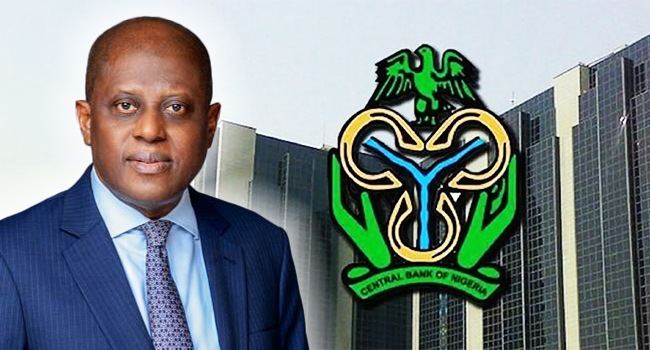In a remarkable financial development, Nigeria’s money supply soared to an all-time high of N109 trillion in September 2024, reflecting a 1.68% increase from N107.19 trillion in August. The Central Bank of Nigeria (CBN) reported that the broad money supply, measured as M3, has risen by an astonishing 62.8% year-on-year, up from N66.94 trillion in September 2023.
This surge is coupled with a significant increase in credit to the government, which rose to a historic N42 trillion. This represents an 89.8% increase compared to N22.13 trillion in September 2023, highlighting the growing reliance on bank financing by the government.
The monthly data reveals that commercial banks’ credit to the government saw a sharp rise from N31.15 trillion in August 2024, marking a 34.86% increase in just one month. Such trends indicate a continued escalation in government borrowing, which raises concerns about the potential crowding out of private sector financing as banks prioritize lending to the government.
Despite the increase in government borrowing, credit to the private sector also expanded, reaching N75.84 trillion in September 2024. This figure marks a 27.46% year-on-year growth from N59.50 trillion in September 2023. Month-on-month, private sector credit rose by 1.48% from N74.73 trillion in August 2024.
Moreover, currency in circulation increased by 56.2% year-on-year, reaching N4.31 trillion, while the amount of currency held outside banks surged to N4.02 trillion, reflecting a growing trend of currency being held outside the banking system.
As the government continues to seek funding for infrastructure projects and social initiatives, the implications of increased borrowing will be closely monitored, particularly concerning its impact on private sector growth and national debt levels.
Credit: Businessday (Text Excluding Headline)






















